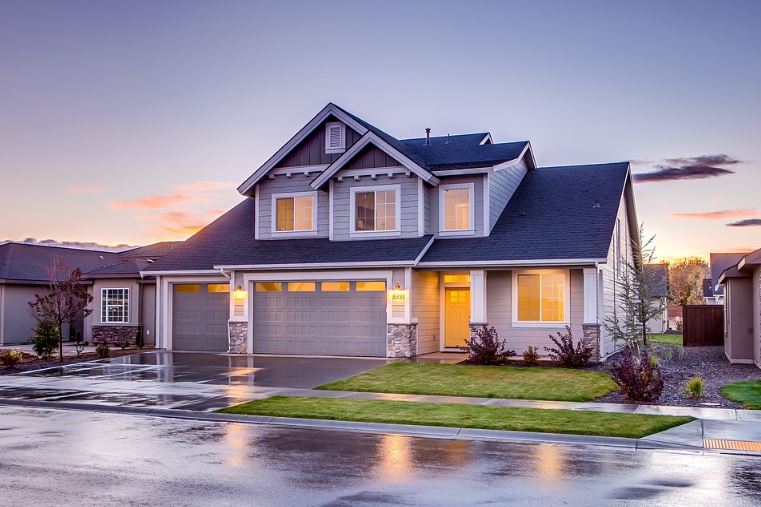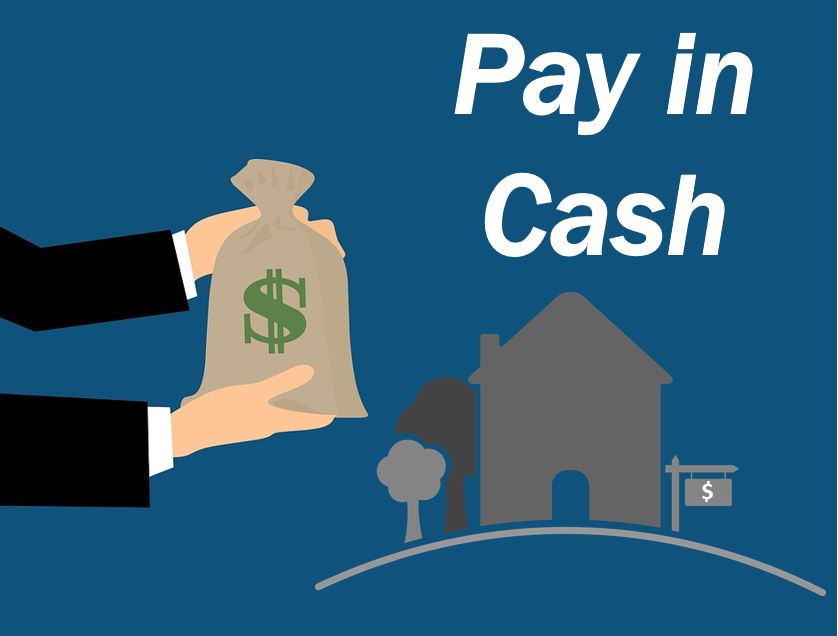 A recession is a business cycle contraction that may occur at any time. It is usually characterized by a drop-in spending by consumers, and investment and hiring by businesses. When this situation occurs, you may have some difficulties in your finance. Therefore, you have to prepare everything in advance. Sometimes, buying a property in preparation for a looming recession is a good idea.
A recession is a business cycle contraction that may occur at any time. It is usually characterized by a drop-in spending by consumers, and investment and hiring by businesses. When this situation occurs, you may have some difficulties in your finance. Therefore, you have to prepare everything in advance. Sometimes, buying a property in preparation for a looming recession is a good idea.
This article discusses some key points you should take into account if you plan to buy a property ahead of a recession.
Buying Property Before the Recession Comes
-
Real estate world is always cyclical
Before you enter the real estate world, you need to understand that property is always cyclical. The market rises and decreases in a cyclical form. When you buy a property in a weakening market, you should expect prices to either remain flat or even decline for the next three to five years.
The market will take about 3 to 5 years to find the price stability. Don’t let this worry you. Over the long term, real estate has always been an extremely good investment.
-
Real estate is seasonal
When you plan to buy a property, you need to know the best time to purchase it. This is during the months of November, December, and January. In the northern hemisphere, the weather is terrible during these three months.
No one wants to move during the holidays. Many sellers are also more motivated to make a deal in these three months than any other time of the year. In spring, when the weather improves and people start wondering what to do with their bonuses, real estate activity and prices start picking up again.

-
Real estate market seems to heat up in the Spring
The real estate market usually heats up in the first half of the year, especially during spring time. Many people establish their personal goals and objectives during the first half of the year. This is when a significant proportion of the population becomes motivated to make positive changes in their lives.
If you want to buy a property, you should avoid doing so during the spring months. Spring time is a seller’s market, i.e., it is the best time to sell your property. Most people have more money during this time of year, so they are able to bid more for homes that they really like.
-
Use a conservative home purchasing rule
You need to follow the general home-buying rule, which we call the 30/30/3 ratio. It means that you should spend less than 30% of your income on your monthly mortgage payments. You also need to have at least 30 percent of the overall value of your home in cash. 20% of the home value can be paid as the down payment, so you can avoid PMI insurance. 10% of this home value can be used as a healthy cash buffer.
-
Find a property in prime location
Location matters when buying real estate. Not only does a good area benefit your quality of life, it also makes it easier to sell when you want to move on one day. Try to buy at the low end of your target location. Then, the other properties in the neighborhood will pull prices up faster.
When you have a property, there are lots of things you can change. You can make it bigger, smaller, change its color, etc. However, there is one thing you cannot change – its location.
To make sure you purchase something in a good location, you will need to carry out some research. Don’t just rely on your own personal preferences. Find out where demand is the highest and focus your home viewings in those areas.
-
Pay cash for your property

If you have enough money available, pay cash for your new property. If you put money on the table, so to speak, you are telling the seller that you can close that deal fast. Sellers like that for many reasons; partly because they know that the chances of the sale falling through are lower.
Cash buyers are also in the best position to negotiate prices. Sellers don’t want to see a cash buyer walk away with no deal.
-
Lower mortgage rate can be beneficial for you
In today’s marketplace, there are literally hundreds of lenders to choose from. Check them out carefully and focus on what their interest rates are. You will be surprised at how much they can vary.
Are you looking for a fixed-rate or variable-rate mortgage? Variable rates can go up and down, while fixed-rate home loans do not fluctuate.
Always look at the small print and additional fees that are often added when it comes to signing your mortgage agreement. Make sure there are no unpleasant surprises after you have signed.
Remember that you will have to be dealing with that lender for several years, perhaps even decades.
-
Buy property that can meet your goals
Before you set out to look at homes, you need to know exactly what you are looking for. Older people with grown up children want smaller properties compared to their younger counterparts.
Don’t end up buying something that is either too big or small for you and your family because you had not spent time defining what your personal goals and expectations were.
For example, let’s suppose you are 55 years old and see a property that is just the right size. You can imagine yourself retiring there and pottering about in its lovely greenhouse. However, you have to climb 30 steps to the front door. This might be fine at the moment, but perhaps not so nice in about 15 or 20 years’ time.
When you buy a property and the recession hits, you will be fine as long as you continue paying your mortgage installments and property taxes. Life does not stop when a recession arrives. Also, remember that they rarely last for more than one to two years.
If you do struggle to pay your monthly mortgage installments, it is crucial that you speak to your lender as soon as possible. The worst thing to do is throw the reminder letters away and not answer the phone. Everything is negotiable as long as you sit down and negotiate.

